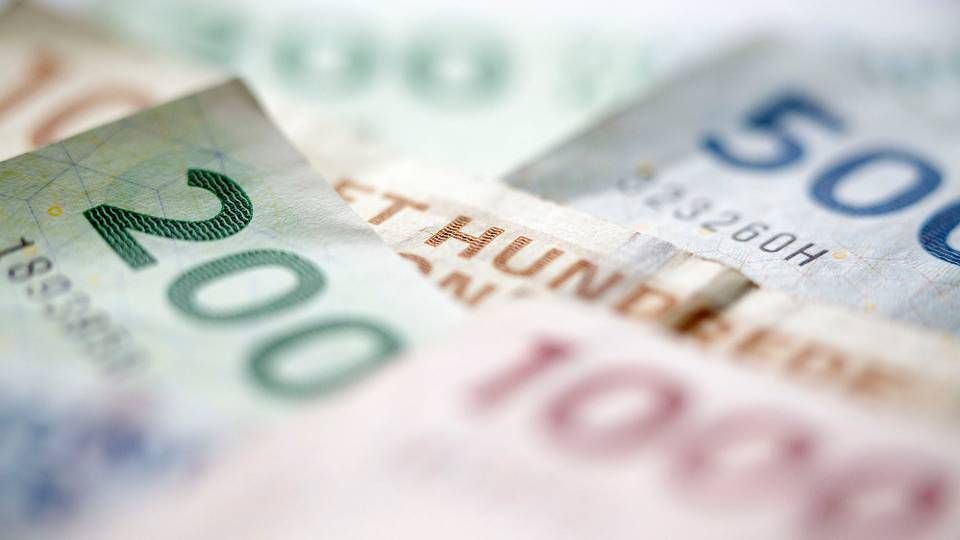EU deal forces large firms to share tax information

On Tuesday, the European Parliament and the governments of the EU countries agreed on a deal which will force multinational companies to publish their tax information, according to news agency Reuters.
More specifically, large global companies with annual revenues surpassing EUR 750m (USD 915.4m) will have to give information on how much tax they are paying in the 27 member countries of the EU, and how much they pay in countries on the EU's tax haven blacklist.
The companies will be obliged to share information on their income and number of employees in the EU and in other countries on their websites.
Attempts at closing this deal had been at a standstill since 2016.
The deal is part of the EU's efforts to combat the tax evasion by large multinational companies. The EU is in dire need of finances to get the economy back and running after the covid-19 pandemic.
The European Parliament calls the deal a milestone in an announcement, but multiple organizations criticize the deal for not being sufficiently comprehensive.
Non-governmental organizations such as Transparency International, Oxfam, Eurodad and Public Services International are a few of the companies which have criticized the reach of the deal, according to Politico.
The NGOs are particularly unsatisfied with the fact that multinational companies will only be forced to share detailed tax information from the EU and countries on the EU's blacklist of tax havens, but not from the rest of the world.
"This means that companies’ operations in most of the world will still be exempt from public scrutiny," says Transparency International Senior Policy Officer Elena Gaita.
She adds that "the proposed legislation as it stands is almost meaningless."
Novo Nordisk divulges tax payments in other countries
Currently, the EU's list of tax havens includes 21 countries. According to Oxfam, this means more than three quarters of the world's almost 200 countries are exempt from the new regulation.
Politico reports that during negotiations, the EU parliament tried to include global activities in the new deal. The majority of the EU governments turned this down.
In spite of the criticism, the media states that the European Commissioner for Economy, Paolo Gentiloni, calls the deal a step in the right direction.
According to the Tax Justice Network, 36 percent of all lost tax income globally comes from EU member countries. The firms' tax evasion costs the world's countries around USD 154bn globally.
In Denmark, Novo Nordisk announced in February that it would present its tax payments at a regional level, and it will report intellectual rights conditions, the extent of production and the regional distribution of its total sales.
Coloplast is also taking tax payment transparency into consideration. The medtech company has previously been put under pressure by multiple large pension funds, who have called for more transparency from the firm.
In 2019, Novo Nordisk owner Novo Holdings was once again the largest tax payer in Denmark with tax payments amounting to just over DKK 8.2bn, equivalent to a 16.1 percent increase compared with 2018 where Novo Holdings paid DKK 7.06bn.
New regulation means stricter requirements for medtech firms
Global tax agreement could prompt Novo Nordisk to take tax payments elsewhere
Related articles
New regulation means stricter requirements for medtech firms
For subscribers
Novo Nordisk increases transparency on tax payments
For subscribers



























